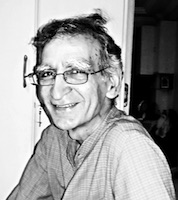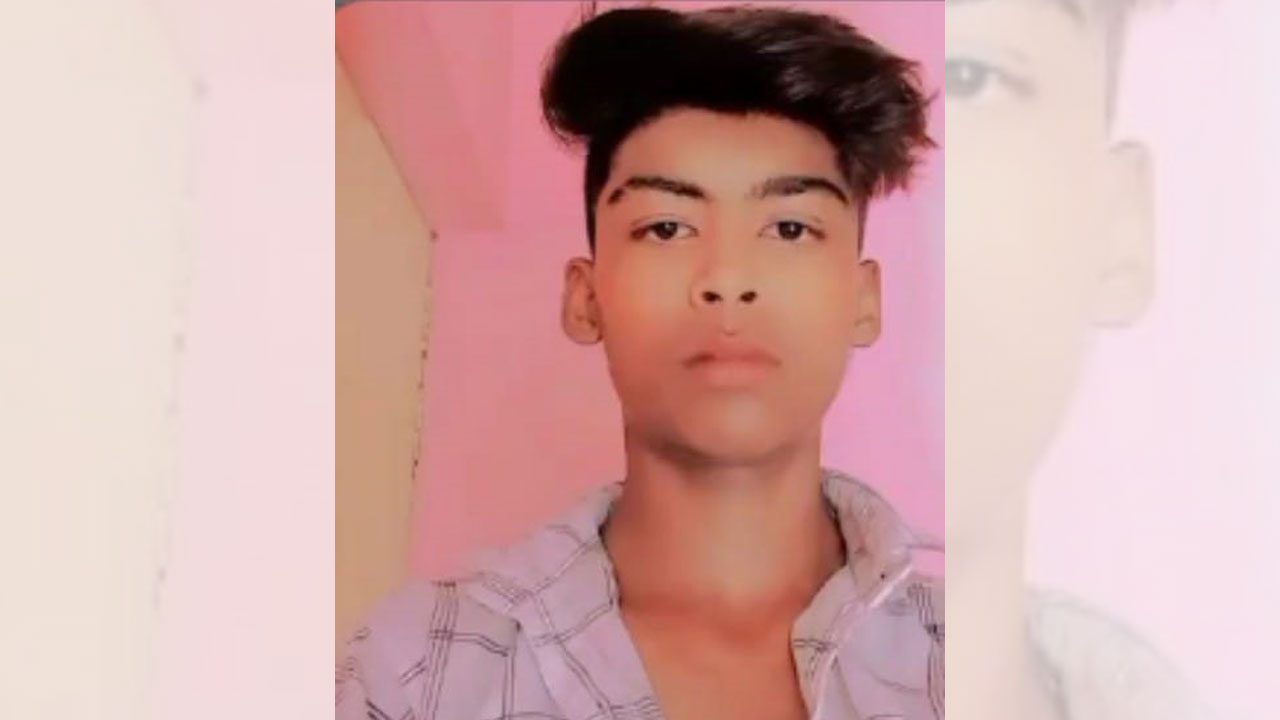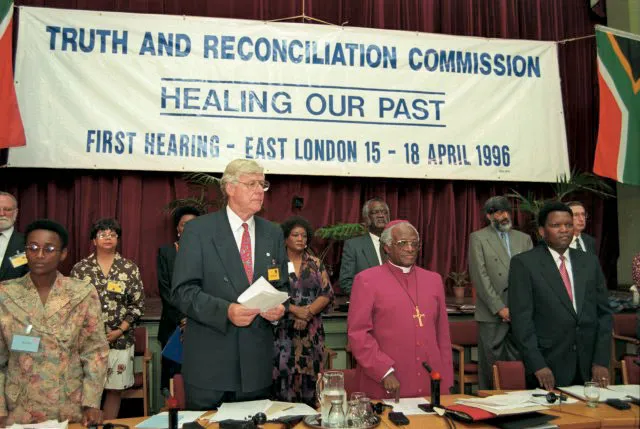One would have thought that, after its thumping victory in the recent elections, the Modi-led government would focus first on the public planks that supposedly swept them to power. However, within the first 100 days honeymoon, silently but surely this new government’s priorities are increasingly becoming clear. Behind the headlines of the Budget and the BRICS summit, the talk of good governance and rebooting the economy, Modi and company is clearly signalling its real agenda is to redraw the social-cultural-political map of India.

There were many actors and factors that brought the Modi-led BJP to power: the communal polarization carried forward from the Gujarat carnage of 2002 to the one witnessed in Muzaffarnagar (UP) in 2013; the unrestrained support of the corporates as Modi turned Gujarat into their playground (as far back as in 2007 the corporates declared that they would like to see Modi as the future prime minister of India); the myth of Gujarat’s development; and finally the media management and the discrediting of the ruling Congress. All these were necessary but not sufficient without the steel frame of the campaign, the seven lakh RSS volunteers. The Modi-led government and the Amit Shah-led BJP know it and, above all, the RSS parent considers it is now time to cash in the party’s and government’s IOUs.
In 1999, the BJP first led its National Democratic Alliance (NDA) to power it did not even have a simple majority; so it suspended its Hindutva agenda, which stands for the abolition of article 370, Uniform Civil Codes and the building of the Ram temple on the site where the Babri Masjid stood. Now with a clear majority in the Lok Sabha, the pursuit of the Hindutva agenda has begun in earnest. Modi’s authoritarian streak is already palpable in the new government. Secretaries of different departments have been asked to directly report to him, and he has not permitted the meeting of the Cabinet in his absence concentrating all power in the hands of the prime minister.
Ultimately, the RSS-BJP-Modi government wants to usher in a Hindu ‘rashtra’ (nation), trampling upon the values of the Indian Constitution which have laid the foundation of a democratic ethos, which has in turn provided the grounds for the social transformation of caste and gender.
Acche Din
 The plank of the successful election campaign was the slogan of Acche Din (Good Times). The BJP sold the people at large, who suffer the most from rising prices and inflation, the dream of better days with Modi at the helm. The relentless rise of prices despite Modi coming to power, though, has created a sense of disillusion among the people. High hopes created through propaganda appear to have been just that. Some say it is a bit too early to comment on this, while others point to the pattern of policies, which does not leave one with much to hope for in the times to come. FDI in retail has been raised from 26 to 49 per cent in one fell swoop. Ironically, when the BJP was in opposition, it was strongly against the move. It seems to be quite an opportunist about-turn. The fear of privatization of the public sector is very much in the air. The proposed further amendments to the recently amended Land Acquisition Act are going to adversely affect the interests of the farmers. What is being proposed is to do away with the need for a consent of a majority of farmers for acquiring land.
The plank of the successful election campaign was the slogan of Acche Din (Good Times). The BJP sold the people at large, who suffer the most from rising prices and inflation, the dream of better days with Modi at the helm. The relentless rise of prices despite Modi coming to power, though, has created a sense of disillusion among the people. High hopes created through propaganda appear to have been just that. Some say it is a bit too early to comment on this, while others point to the pattern of policies, which does not leave one with much to hope for in the times to come. FDI in retail has been raised from 26 to 49 per cent in one fell swoop. Ironically, when the BJP was in opposition, it was strongly against the move. It seems to be quite an opportunist about-turn. The fear of privatization of the public sector is very much in the air. The proposed further amendments to the recently amended Land Acquisition Act are going to adversely affect the interests of the farmers. What is being proposed is to do away with the need for a consent of a majority of farmers for acquiring land.
Sectarian mindset
Often, silence speaks louder than words. The Pune techie Mohsin Sheikh’s murder, allegedly by the Hindu Jagran Sena, was part of the well-planned communalization process. The violence in Saharanpur, Rampur and other parts of UP and some parts of MP are part of the process to communalize the areas where assembly elections are due soon. Amid all these events, the prime minister has remained silent, giving a signal of sorts that is not very healthy.
There are then scattered incidents which give us a glimpse of the real Modi Sarkar. The shrewdest aspect of the new government is that it has the solid backing of the vast Sangh Parivar to appear to be adopting different stances. When the tennis star, Sania Mirza, was appointed brand ambassador of the newly formed Telangana state, a local BJP leader openly opposed it calling her a “daughter-in-law of Pakistan”, while a union minister said she was “the pride of the nation”.
Education
All said and done, the most disturbing aspect of the present rule is going to be the changes it is bent on making in education, which will alter the thinking pattern of the coming generations. The goal is to instil a pattern in consonance with Brahminical norms, to promote an orthodox medieval mindset and to undermine the scientific temperament. The previous BJP-led NDA regime left its mark with the changes in the history and social science books, where the divisive history taught in the RSS shakhas – the communal history, the history where the kings are looked at through the prism of religion – was introduced. Even the British had introduced a communal historiography to implement the ‘divide and rule’ policy, which formed the ideology of the communal streams of the Muslim League and the Hindu Mahasabha-RSS. This type of history – which focuses on glorifying ‘our’ Hindu kings – promotes the feudal values of caste and gender hierarchy. Mercifully, the BJP-led NDA lost in 2004, paving the return of a rational, national historiography.
Now, there are already signs that RSS volunteers are out to change the entire education system, especially the content of our history and social science textbooks. Even before this government came to power, with the rise of Modi in the political firmament and the perception that he was likely to come to power, the right-wing organizations had intensified their attacks on genuine scholarship.
 Dinanath Batra succeeded in pressuring Penguin publishers to pulp Wendy Doniger’s scholarly book The Hindus: An Alternate History. Through the interpretation of mythology, this book brings out the need to understand caste and gender in our society in a sensitive manner. The history she has focused on goes against the hierarchical mindset of the RSS, whose outfit Shiksha Bachao Abhiyan Samiti and affiliate Shiksha Sanskriti Utthan Nyas (SSUN) Batra has been heading for many decades. In 2001, Batra was an NCERT advisor and led a team that deleted passages in the textbooks which referred to any unsavoury aspect of the Hindu faith, such as the oppressive caste system in ancient Hindu society, untouchability of the low-caste people and consumption of beef during the Vedic period. Anyone who resisted or opposed those changes was dubbed as ‘anti-national’.
Dinanath Batra succeeded in pressuring Penguin publishers to pulp Wendy Doniger’s scholarly book The Hindus: An Alternate History. Through the interpretation of mythology, this book brings out the need to understand caste and gender in our society in a sensitive manner. The history she has focused on goes against the hierarchical mindset of the RSS, whose outfit Shiksha Bachao Abhiyan Samiti and affiliate Shiksha Sanskriti Utthan Nyas (SSUN) Batra has been heading for many decades. In 2001, Batra was an NCERT advisor and led a team that deleted passages in the textbooks which referred to any unsavoury aspect of the Hindu faith, such as the oppressive caste system in ancient Hindu society, untouchability of the low-caste people and consumption of beef during the Vedic period. Anyone who resisted or opposed those changes was dubbed as ‘anti-national’.
Now Batra has emerged as a writer himself and a set of nine books written by him has been translated into Gujarati and introduced in 42,000 schools in Gujarat. [see BOX for samples] This may be a trial run for similar projects on a national scale. Former BJP president and a union minister in the present government, M. Venkaiah Naidu, had explicitly stated as early as last year (23 June 2013) that “it (the BJP) will change textbook syllabi, if it returns to power”. Batra has also been quoted as saying that a nationalistic education system has to be developed and through this we have to develop a young generation that is committed to Hindutva and nationalism. The RSS has already set up a consultative body called Bharatiya Shiksha Niti Ayog (BSNA) to put pressure on the Modi government to “correct or Indianize” the national education system.
Caste and gender
While these changes in the textbooks reveal the agenda of this government, which will have to follow the guidelines set by its parent organization, so does the appointment of Prof Y. Sudarshan Rao as the chief of ICHR. This national body guides research into Indian history. Prof Rao does not command much respect in the circles of academic historiography, as he has not published any peer-reviewed papers or books. He has been engaged with writing blogs on his understanding of history, which is more of fiction that suits the Hindu Rashtra agenda, in particular, reinstating of the caste system.
In one of his blogs he emphasizes that the caste system has served society very well and there are no complaints against it. “Most of the questionable social customs in Indian society as pointed out by the English educated Indian intellectuals and the Western scholars could be traced to this period of Muslim rule in north India spanning over seven centuries,” he writes, and goes on to argue that “The [caste] system was working well in ancient times and we do not find any complaint from any quarters against it.” http://ysudershanrao.blogspot.in/ 2007/09/indian- caste-system.html)
This is a distortion. The customs related to caste oppression were integral to the so-called Hindu scriptures, Vedas (Rig Veda, Purush Sukta) and Upanishads, written in the pre-Historic BC period. Even in the Manusmiriti the caste division is well articulated. Manusmriti was written around the first or second century AD. Contrary to these facts, Prof Rao states that distortion in the caste system began with the advent of the Muslim kings. He had so far been working on proving the historicity of our mythological Mahabharat. Interestingly, the RSS combine presents only one version of the Ramayana but there are nearly 400 versions in existence. In October 2011, under pressure from Hindutva groups, the scholarly essay by A.K. Ramanujam on the diversity of Ramayana versions was withdrawn from the Delhi University curriculum, and the publisher forced to withdraw the book.
With the coming of this new government the peripheral elements have started talking about making these Hindu scriptures a part of the national school curriculum. Justice A.R. Dave talks of introducing the Gita in the curriculum and others talk of doing the same with the Ramayana. Both these books are heavily casteist. In the Gita, Krishna talks of taking birth whenever dharma – or varnashrama dharma (the varna system) – is in danger. In the Ramayana, Ram kills Shambuk, as the Shudra is found doing penance and this is something not permitted him by the caste system.
Fringe elements or division of labour
VHP supremo and RSS member Ashok Singhal has called Modi “an ideal swayamsevak” (read: an RSS man) and emphatically declared that Muslims must respect the sentiments of the Hindu culture, issuing the threat that “they cannot survive for long by opposing Hindus”. He has also asked Muslims to give up their claims on Ayodhya, Mathura and Kashi. The idea is to reduce Muslims to second-class citizens with no rights and privileges. Another firebrand VHP leader Pravin Togadia, known for his hate speeches, has endorsed these views saying that Muslims may have forgotten the 2002 Gujarat riots but would remember the Muzaffarnagar riots of last year.
Goa’s deputy chief minister Francis D’Souza apologized for his comment that India is “already a Hindu nation”. This was a tactical retreat. He was the one who said that all Indians are Hindus. Christians are, according to him, Christian Hindus. Deepak Dhavalikar, a BJP minister of Goa, stated that under Modi India would become a Hindu Rashtra. This is the ultimate RSS-BJP-Modi agenda: to see that the religious minorities adopt Brahminical Hindu norms. That is why the Sangh Parivar wants them to use terms such as Christian Hindus or Ahmadiya Hindus. Gradually, the assertion will be that since you are a Hindu, you must practice Hindu norms.
For a sneak peek of the long-term agenda of the RSS-BJP-Modi government, one needs to read what Yadavrao Joshi, then the head of RSS in south India, told an RSS officers’ training in 1970 : “As of now, RSS and Hindu society are not strong enough to say clearly to Muslims and Christians that if you want to live in India, you need to convert to Hinduism. Either convert or perish. But when Hindu society and the RSS become strong enough we will tell them if you want to live in India and if you love this country, accept that some generations earlier you were Hindus and come back to the Hindu fold.”
So where we are headed is becoming clear in the first few weeks of Modi Sarkar. The government will be trying to stick to dissimulate while undertaking steps in its Hinduization agenda. Its Sangh Parivar associates will tell us bluntly about their agenda of: creating a Hindu nation, where religious minorities and certain castes will be relegated to being second-class citizens so that their ‘golden age’ of the Chaturvarnya system may dawn again.
Published in the September 2014 issue of the Forward Press magazine
Forward Press also publishes books on Bahujan issues. Forward Press Books sheds light on the widespread problems as well as the finer aspects of Bahujan (Dalit, OBC, Adivasi, Nomadic, Pasmanda) society, culture, literature and politics. Contact us for a list of FP Books’ titles and to order. Mobile: +919968527911, Email: info@forwardmagazine.in)
The titles from Forward Press Books are also available on Kindle and these e-books cost less than their print versions. Browse and buy:





